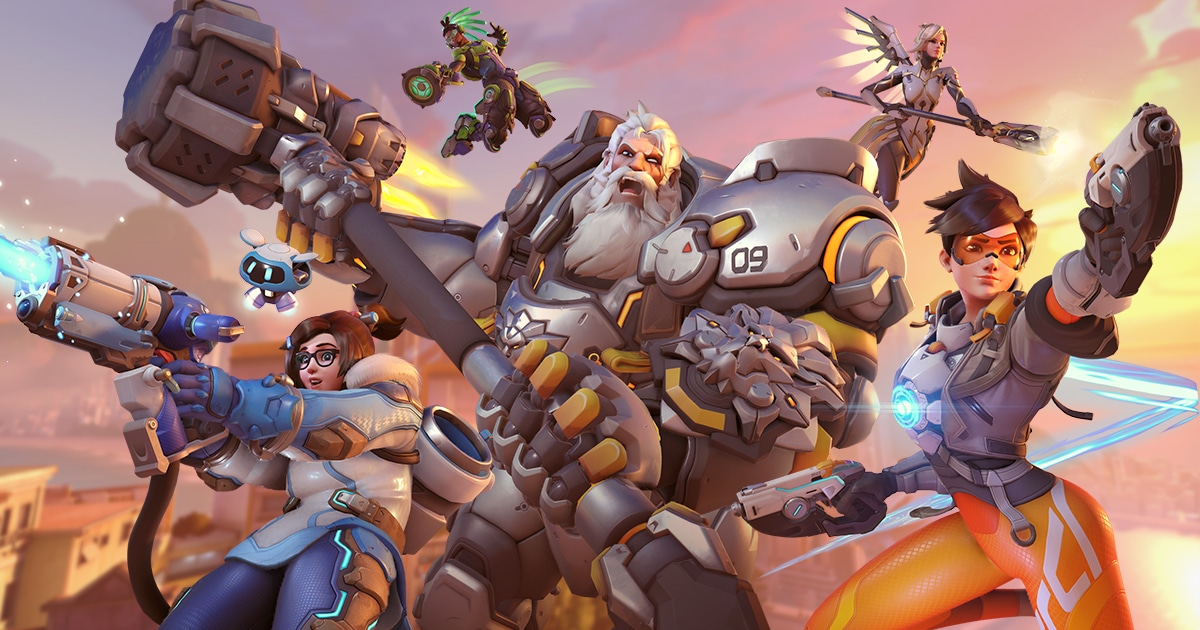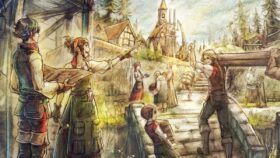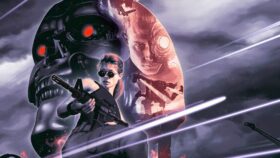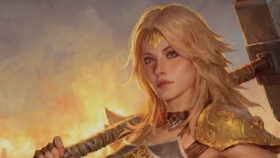Overwatch 2 doesn’t quite bring anything brand new to the highly successful six-year legacy of its predecessor, but it is a much-needed refresh nonetheless. The first-person, multiplayer hero shooter has seen 35 million players in its first month alone, and with a faster-paced gameplay dynamic and an overhauled monetisation system, the game seems set on breathing new life into the franchise.
Overwatch 2’s release hasn’t been without a number of issues, however – from long queue times, DDoS attacks, and PC-crashing bugs. My brief foray into competitive mode was met with latency issues that appear to be plaguing a number of Australian players without any clear fix.
It continues – multiple heroes have already been temporarily removed from the roster for weeks at a time to resolve bugs, such as the mobile sentry Bastion being able to circumvent the maximum amount of artillery shots (three) in his Ultimate ability, and repeatedly fire until time runs out. Luckily, most of the troubles that plagued the game during its launch weeks have since been resolved, but our initial playtime was rife with issues that spoke to a game that was either not quite ready for launch, or not expecting such a huge influx of players all at once.
Bugs and server capacity aside, Overwatch 2 is just as fun as its predecessor at its core, if not more. Having been a staunch fan of the original since its early beta stages, I was interested to see how this refresh would compare to the game that I’ve been playing for over half a decade.
With the reworking of the 36 (usually) playable heroes to account for the team size reduction from six to five – much to my disappointment, at the expense of losing one tank per team – each hero is now much more formidable at holding their own. In the past, team synergy and having the right composition of heroes was a make-or-break consideration – Pharah and Mercy, for instance, or dive combos like Winston and D.Va. Overwatch 2 reduces the need for these.
Tanks now go it alone, as opposed to previous offensive/defensive paradigms. Heroes that previously had abilities to weaken the enemy team, in order to give their allies an opening to strike, now have new ability loadouts and increased damage output to finish the job themselves. Sombra is the best example here – she now deals 50% more damage to targets she has hacked, when previously, it was often far quicker for another character to finish those opponents off.
While this may be a welcome change for some, one that reduces the reliance on others and allows you to rely on your own skills, it does come at the cost of the more strategic plays and unusual hero combinations that made the first Overwatch shine.
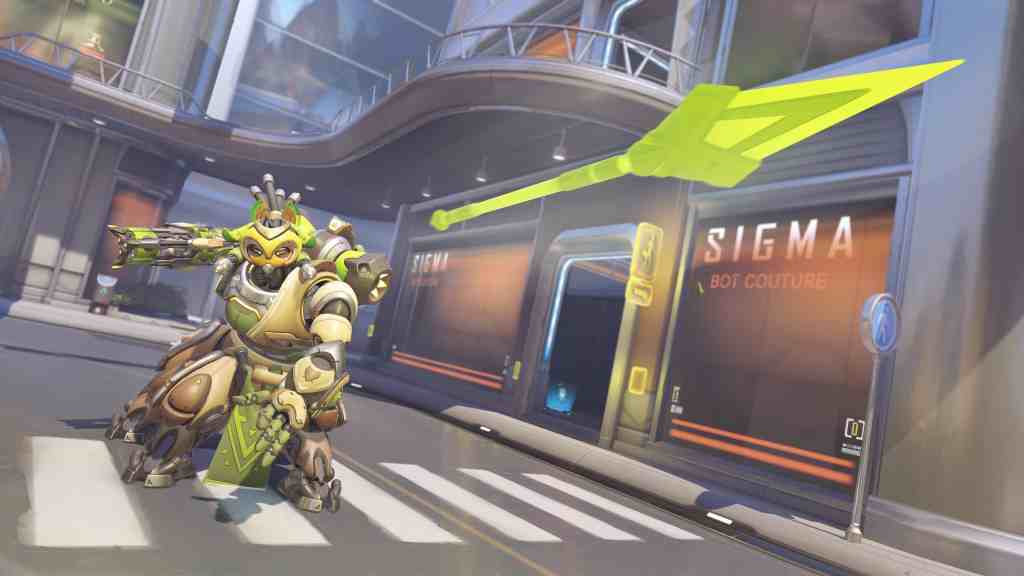
The team size reduction and subsequent hero updates also see Overwatch 2 becoming much more fast-paced and intense. The game has always been dynamic, with little room to take a breather, but the speed of matches is all the more noticeable in this new iteration.
Each role (Tank, DPS, and Support) now has more passive abilities, such as the increased speed and reload time when a DPS hero makes a kill, or the overall passive healing all Support characters now have. These additions make every character much more enjoyable to play, particularly support heroes.
New heroes like Kiriko and Junker Queen are great additions to the roster, too. Kiriko, the newest support hero, has a range of abilities that have become vital to team success and make her a formidable enemy in both combat as well as healing. Every hero has been redesigned meticulously, not only in their loadout but in their appearance too. In comparing the Overwatch 2 default skins to the original, there is a clear improvement in the level of detail and refinement of the game’s overall style. New dialogue between heroes also integrates the lore of the universe more deeply into the game itself, allowing for funny and heartfelt interactions. As always, the voice acting itself is well-executed and the right balance of light-hearted and serious, without feeling overdone.
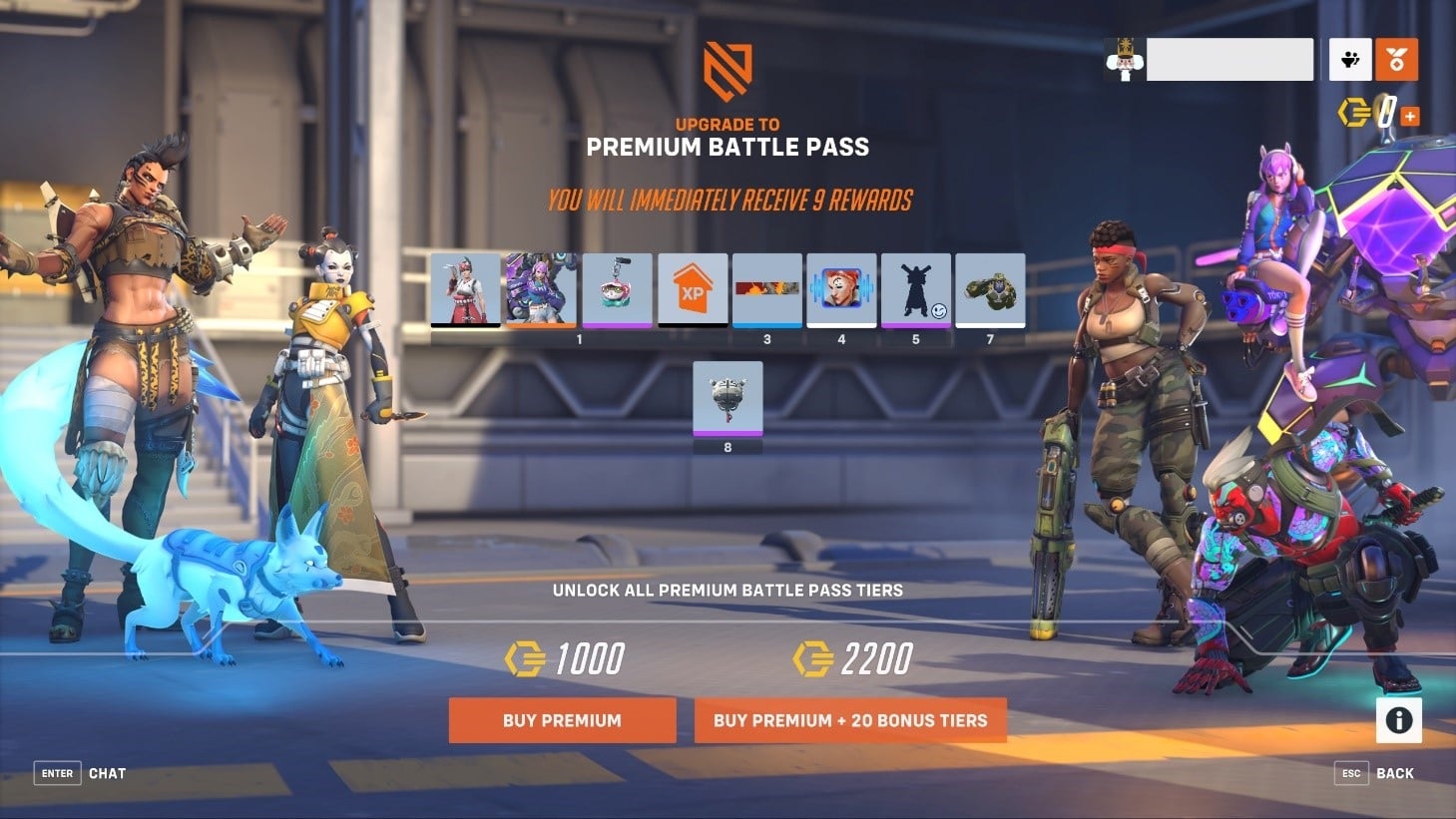
But one of the major downfalls of Overwatch 2, which has become all the more noticeable as the dust settles, is how unrewarding the meta-progression of the game now feels. That the game has forgone loot boxes for a more Valorant and Fortnite-inspired monetization system (ie. free-to-play with a battle pass and cosmetics store) is just one small factor in this issue. The introduction of a paid battle pass does see you gain more cosmetics such as skins, voice lines, and emotes. However, with the glacial pace of earning of in-game currency to purchase particular skins or indeed, the next battle pass, you might find your eyes watering at the cost of acquiring skins that could previously be gained by playing a number of matches.
Read: Overwatch 2: Battle Pass and Seasons explained
Beyond the battle pass, the diminished sense of achievement filters into the gameplay itself. While heroes still retain their voice lines for being ‘on fire’, the visual element that accompanied this in Overwatch is gone, along with medals awarded for healing, damage, and damage mitigation. Competitive ranking progress now also updates with every 7 wins or 20 losses (whichever comes first), removing the incremental change in rank (and feeling of progress) that many other competitive games continue to employ.

While small, these changes remove the feeling of individual achievement in the game, which was always a nice factor, even if your team wasn’t doing well overall. Loot box challenges for Arcade Mode wins are also gone with no tangible replacement, and judging by the wait times for an Arcade Mode match at the time of writing (as opposed to quick play or competitive modes) it appears other players are feeling less compelled to try these without a clear reward either.
Despite the lack of a pull towards the Arcade Game modes, which remain much the same on a rotating roster (with modes like Mystery Heroes, Team Deathmatch, and seasonal games like the Halloween-themed Junkenstein’s Revenge), the introduction of ‘Push’ is a welcome addition to regular matches.
Push is a game type where both teams must rush to a robot in the centre of the map and battle to retain control of it, pushing it as far as they can to either side of the map before the timer runs out. As a blend of point-capturing game types and payload pushing, it adds a new dynamic to gameplay and has been a highlight of the matches I’ve taken part in.
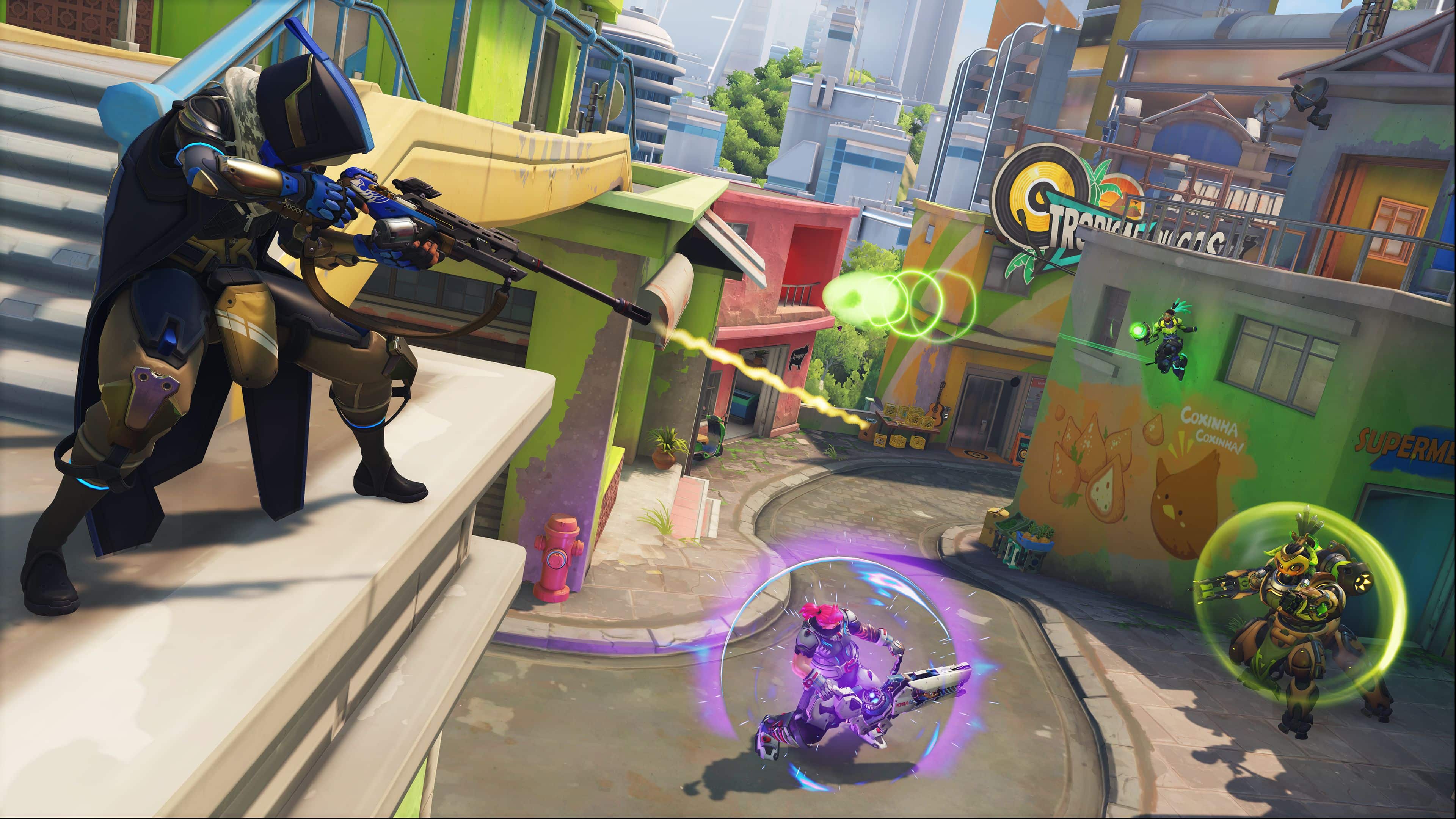
While new modes and heroes are some of the most noticeable changes to Overwatch 2, minor changes, like the ability to ‘ping’ where enemies are or might be, are just as integral to the overall feeling that this game has improved on the original. The in-game HUD has also been simplified, taking up less of the screen and making it easier to see what’s going on in often hectic team fights.
Overwatch 2 delivers high-octane multiplayer gameplay and a wholly improved version of the much-loved hero shooter. Now that the dust has settled, it’s becoming clear that despite a number of teething issues, the game manages to do what many sequels struggle to; build upon a successful game, and make it even better.
Three Stars: ★★★
Overwatch 2
Platforms: PlayStation 5, PlayStation 4,
Developer: Blizzard Entertainment
Publisher: Blizzard Entertainment
Release Date: 4 October 2022
The PC version of Overwatch 2 was played for the purposes of this review. Blizzard Entertainment provided GamesHub with a complimentary battle pass.
